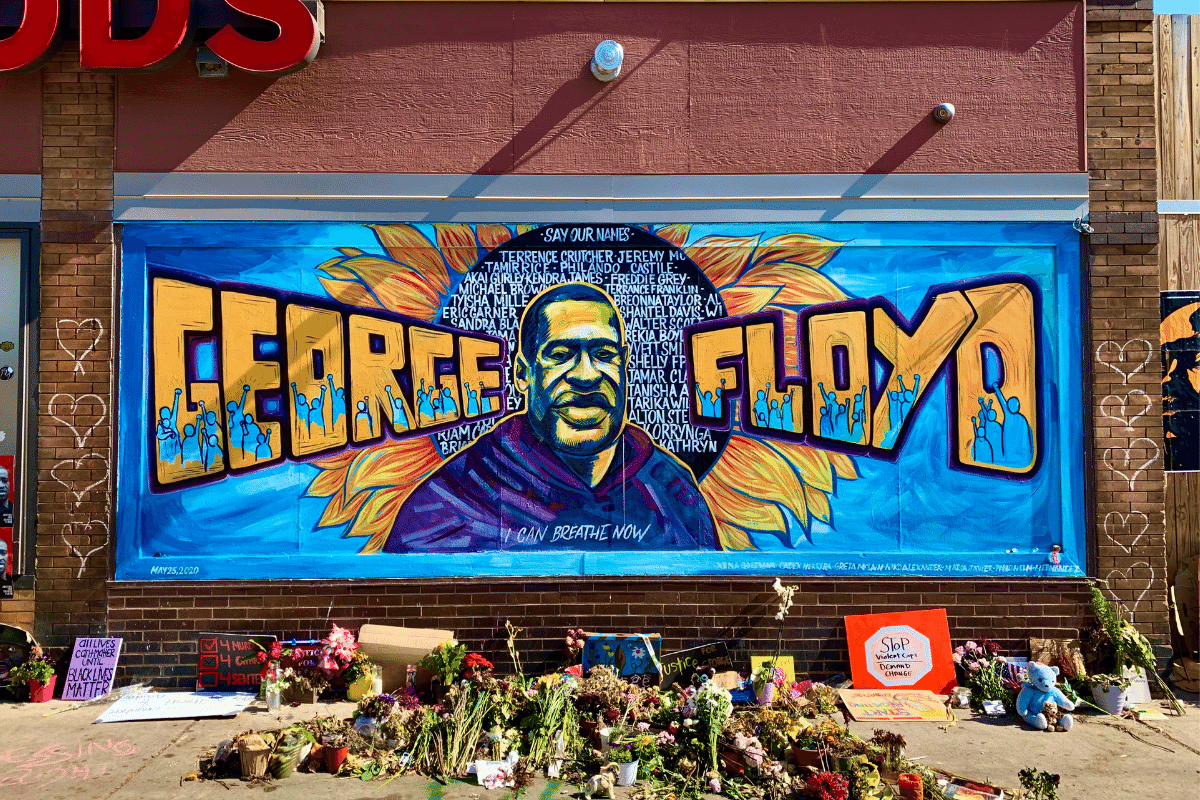Culture Wars
On Victimhood and Culture—A Reply to Aaron Hanna
The idea that whites were in the house while blacks were sweating in the fields despising them is comfortable to us today as we look upon the context as a whole and justly revile it.

It was a pleasure to read Aaron Hanna’s recent essay, “The Limitations of Black Conservative Thought.” It is magnificently reasoned, informed, and fair. Shelby Steele and Thomas Sowell have rarely been engaged so constructively. The Right can be too deferential and fails to subject their work to proper scrutiny, while the Left either pretends they don’t exist or dismisses them out of hand. I am, predictably, inclined towards the views of both writers, but have always considered them too often revered or despised, rather than truly considered.
Hanna raises important questions and, notwithstanding my profound admiration for both Steele and Sowell (Steele was my inspiration and is the reason I am writing this response rather than a linguistics article right now), neither has been especially eager to respond to his respective critics. They have their stories and they stick to them, and both have been around too long to engage much in social media, which has a way of making a race writer get down to specifics.
Nevertheless, I do question two of Hanna’s criticisms.
Hanna finds Steele’s take on black people implausible, or at least under-reasoned, in terms of psychological science. He would prefer that Steele flesh out his claim that black people can, and should, think past obstacles and succeed, and that the Great Society paradigm stanched their impulse to do this. Hanna is among those uncomfortable with Steele’s charge that black people focus too much on their victimhood.

cHowever, psychological science does offer a way of thinking that corresponds to the mindset Steele identifies among black people since the 1960s. The Victim Mentality is popularly known as a martyr complex, and identifies a state of mind in which a person exaggerates their victimhood, is rather numb to that of others, and founds their sense of significance upon this perception of persecution rather than upon their own actions and accomplishments.
Psychologists are not usually given to associating this syndrome with black Americans, perhaps understandably anxious to avoid being tarred as racists. However, the Victimhood Mindset precisely describes what Steele has so eloquently critiqued. He may not have plumbed the psychology literature, but Hanna’s suspicion that this literature would not bear Steele out is as mistaken as it is understandable.
Hanna also finds it ridiculous that black people would, as Sowell has suggested, retain the violent and work-shy “redneck” culture typical of poor Scottish immigrants, who imported it to America as Southern slave-owners and the poor whites who worked for them. Hanna subscribes to the cultural model under which peoples’ behavior corresponds solely to their current conditions (and, especially, to the degree and type of their oppression). To him, it is absurd that black people would retain behaviors seeded centuries ago, particularly behaviors they would have inherited from their oppressors.
I have always been somewhat ambivalent about Sowell’s “redneck” thesis. We may not need to invoke it to explain what ails black America today. A countercultural “anti-white” ideology permeated black America in the 1960s. Soon, in the late 1960s, welfare was transformed from a stingy stop-gap to an open-ended handout from agencies unconcerned with providing work skills. These developments occurred as the “War on Drugs” gave poor black men—now often inclined to dismiss traditional values as those of a “chump,” too often growing up without fathers, and watching regular employment become one of many lifestyles in their neighborhood rather than the only one—a way of making half of a living by selling product on the black market amidst a violent culture of gangland turf-policing. All of this, to me, explains the unusually violent “ghetto” culture Sowell analyzed.
However, that is just my take and it is hardly silly to theorize that counterproductive cultural traits have been passed down from generations long past when they fulfil a secondary function. As long as those traits lend some sense of comfort or coherence—often for reasons different to those that encouraged their original adoption—they can endure. Blood feuds among Albanians lasted long after the reasons they began and persisted had been forgotten. The Jewish person who keeps kosher openly says that the laws no longer make sense per se, but that observing them is now simply a facet of participating in being one of the “tribe.” A culture of violence can feel, to its participants, like an expression of honor or masculinity, qualities found in cultures of all kinds worldwide.
Moreover, to doubt that black men would have modelled themselves on the behavior of their oppressors is based on an oversimplified schema of how slavery actually worked. Especially in the United States, plantations were often relatively small, and there was a long period in many states where poor whites and slaves worked side by side. For all of the discomfort that it may elicit today, there was a great deal of intimate social contact between whites and blacks in these settings, and not solely in the form of forced sexual intimacy.
Quite simply, black people modelled their speech mostly on that of these poor whites (claims that black English is “African” are scientifically invalid). New forms of music and dance emerged from a fusion of the music of whites and the music of blacks. Blacks and whites often lived and worked together, and sometimes even married. How plausible is it that, amidst all of this contact and hybridity, whites’ behavior would have no effect upon blacks’? The idea that whites were in the house while blacks were sweating in the fields despising them is comfortable to us today as we look upon the context as a whole and justly revile it. However, like most ideas that make us this comfortable this easily, it is a vast oversimplification of a complex and dynamic reality.
Yet I reiterate: Hanna’s questions here, and more like them, need to be asked. We best respect Steele and Sowell by subjecting their work to the same critical scrutiny that they bring to bear on the work of others. Hanna, one senses, thinks Steele and Sowell are well-intentioned and interesting writers who are, in the end, over-rated. Hanna would seem to prefer that racism remain front and center in our race discussions. That idea, though Hanna intends a reasonable rather than demagogic approach, is one I myself find well-intentioned and interesting but ultimately over-rated. However, I celebrate Hanna for stating his views with such rigor, thoroughness, and control.






